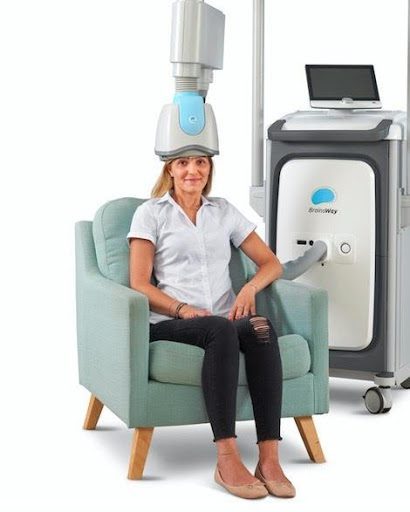The current COVID-19, or coronavirus health crisis, has everyone greatly concerned for their health, and looking for ways to keep themselves and their loved ones safe. As a result, necessary precautions such as social distancing, staying indoors, working from home, and preventing any crowded situations are affecting people in a number of ways: namely, while many individuals first experience anxiety over the current widespread health risk, a growing number are developing symptoms of depression due to self-imposed isolation. On top of that, symptoms of pre-existing conditions such as major depressive disorder (MDD) or obsessive-compulsive disorder (OCD) can become exacerbated due to the increased stressors and loneliness experienced at present.
Major depressive disorder is defined by the American Psychiatric Association as a type of mood disorder marked by a significant decrease in quality of life. Emotionally, depression is characterized by feelings such as sadness, emptiness, loneliness and a lack of hope or pleasure. It is additionally marked by thoughts and actions that decrease the individual’s daily level of functioning.
 The current coronavirus outbreak is considered an immediate threat to our health and, in some cases, even lives, and as such, it has understandably created a great deal of anxiety throughout the general population. This is just as true for individuals who already had an MDD diagnosis prior to the corona pandemic, who like everyone else, may be living in fear of infection, worrying about becoming vulnerable to the virus simply by leaving the house, and dealing with a great deal of concern for the safety and health of their loved ones, particularly those belonging to an at-risk population, such as the elderly or those with a chronic pre-existing condition.
The current coronavirus outbreak is considered an immediate threat to our health and, in some cases, even lives, and as such, it has understandably created a great deal of anxiety throughout the general population. This is just as true for individuals who already had an MDD diagnosis prior to the corona pandemic, who like everyone else, may be living in fear of infection, worrying about becoming vulnerable to the virus simply by leaving the house, and dealing with a great deal of concern for the safety and health of their loved ones, particularly those belonging to an at-risk population, such as the elderly or those with a chronic pre-existing condition.
In fact, the above stressors may initially lead to symptoms of anxiety-based mental health conditions, even without meeting the required criteria for an official disorder diagnosis. The act of social distancing, where people maintain a physical separation from one another in an attempt to protect themselves from infection, can eventually cause individuals to fear both crowds and open spaces, much like in general anxiety disorder or agoraphobia. Symptoms of OCD, another anxiety-based disorder, may appear over our newly shared, global obsession with hand-washing, so that even people who had previously never worried about contracting an illness due to lack of hygiene, are now over-sanitizing their hands and constantly worrying about picking up the virus. And the detrimental financial effects the global shutdown may cause panic among many of the individuals standing to be affected by it.
Unfortunately, anxiety does not seem to be the only mental health concern to come out of the corona outbreak. As the world settles into a new pace, and many of us try adjusting to a more cloistered existence, depression has also become a worrying issue. Isolation, loneliness and a feeling of vague dread—all symptoms of depression—are now a part of everyday life for individuals across the globe. This can be incredibly damaging to a person’s mental health, and leave them feeling both fearful and hopeless, in the face of this unfamiliar situation.
For those who already have depression, the coronavirus outbreak works doubly, increasing existing symptoms while introducing new ones. As such, an individual with MDD who finds themselves now isolated from society for most of each day, will be left with their own thoughts, potentially causing them to ruminate over themes of sadness, sorrow and despair, without someone to help lift them out of this loop.
Fighting for greater mental health can require a great deal of energy, which is something both the solitude of our current situation and any personal tendency toward depression may work against. For this reason, it is vital to seek both the information and the support you need, through personal networks or available mental health organizations. Feeling alone can be terrible and have a destructive effect on your well-being. In these trying times, look to those who want to help. Several mental health advocacy organizations that offer resources for coping with the Covid19 outbreak include:
Concurrently, it is important to check in on those you care about, the lonely and individuals who may be more vulnerable to mental health struggles, as we work to maintain our relationships during a period marked by separation.
We are all struggling in our own ways, with the challenge now being how to safely reach out and show we care.